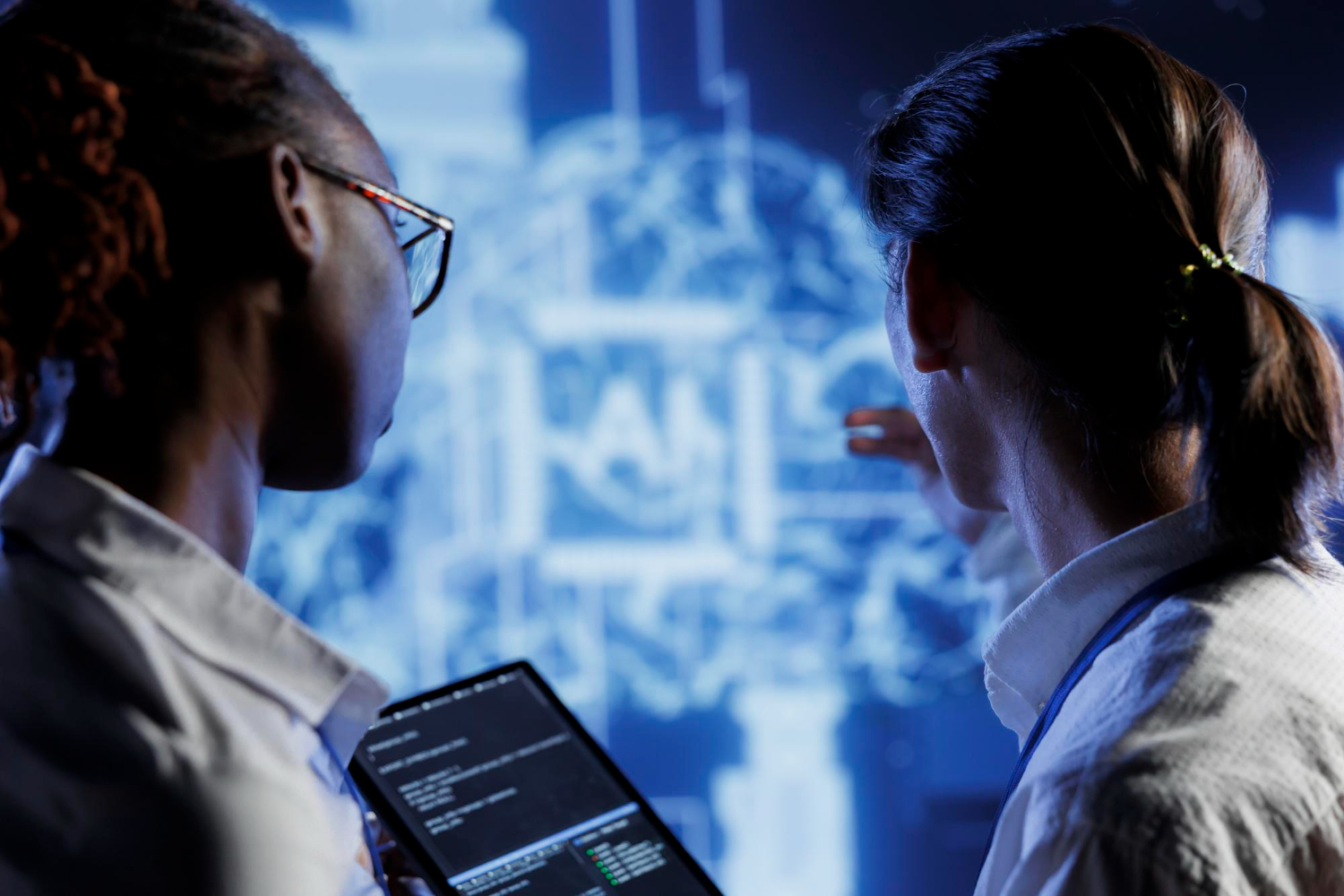Between robots, self-driving cars, and 3D printers, technology is rapidly changing life as we know it – but at what cost?
Sure, there’s little to fear from a 3D printer, but artificial intelligence (AI), is a totally different story. With the likes of Elon Musk, Bill Gates, and the late Stephen Hawking all publicly expressing their concerns about the potential dangers of AI, we may naturally feel uneasy about it. According to a study by Dr. Paul Marsden and his team at digital agency group SYZYGY, it’s not AI that most people fear, but rather job automation. With recent research on the topic in Canada, we now have more answers about what a machine-friendly future may hold.
What is AI?
The most basic definition of AI is “the capability of a computer to imitate intelligent human behaviour.” While this may have you envisioning a human-like robot similar to those in Hollywood blockbusters, in reality everything from Apple’s Siri and Amazon’s Alexa to facial recognition technology to Google’s search algorithms are considered AI.
AI and Job Automation in Canada
Research by Deloitte and the Human Resources Professionals Association concluded that 35% to 42% of jobs will be affected by job automation – but that’s not to say that those jobs will be lost. The report’s main takeaway from these numbers is that policymakers and business leaders must proactively prepare workers for the inevitable changes to come. “It’s wrong to think of these changes as something that will come in the future. It is happening now… developing our responses to these changes will require time, and there is little to no time to wait,” says Jeff Moir, Partner and Canadian National Human Capital Leader at Deloitte.
Is Your Job at Risk?
We can certainly credit technology for improving productivity, especially in fields like manufacturing. Unfortunately, it also means that manufacturing and other routine jobs will be among those most affected by automation, and it’s already begun. According to data from Statistics Canada, the number of jobs needed to generate $1 million in manufacturing work was cut in half from 1980 to 2013.
A separate report by Brookfield’s Institute for Innovation + Entrepreneurship points out that small towns dependent on manufacturing, mining, and agriculture will be among the regions hit hardest by automation, followed by large cities where displaced workers will have an easier time finding new jobs. The least affected will be towns where workers are largely reliant on jobs in government, higher education, and the health-care sector.
Recommendations for What’s to Come
If your job ranks high on the “risk list”, remember that while robots have their strengths, so do humans. Our skills are often “broad and shallow”, and robots have skills that are “narrow and deep”. With those assets in mind, the joint Deloitte-Human Resources Professionals Association report suggests catering more to those strengths in various ways:
“Future-Proofed Skills”
This can only come from reworking the education system and curriculum to give Canadians the skills they need – those that can’t be replicated by AI or automation – to succeed in a technology-based world. Such skills include critical thinking, interdisciplinary studies, and teamwork/relationship management.
“Future-Proofed Capabilities”
Businesses need to step up and implement programs that provide continuous learning and development opportunities for employees. This goes beyond classroom learning and training sessions and into on-demand learning on smartphones and tablets. Without these opportunities, employers will likely find it difficult to attract and retain top talent in an increasingly competitive environment.
Catering to the Contingent Workforce
Since 1997, Canada’s contingent workforce has skyrocketed from 4.8 million to 6.1 million and it’s predicted to keep growing. Legislators must update public policies to reflect the rise of the so-called “gig economy.” Factors such as retirement planning, income taxes, and unemployment insurance all need a new solutions-based approach to benefit both freelancers and traditional nine-to-fivers.
The Future is Now
It’s inevitable that an increasing number of industries will be affected by job automation, but whether the impact is as drastic as predicted – or if it even happens in our lifetime – is difficult to say. With countries such as Switzerland already having faced the impact of job automation, there is some reassurance; based on studying the country, Deloitte predicts that job opportunities will grow, but who does the work will change, with judgement-based activities left to humans and more repetitive tasks assigned to AI.
On the positive side, automation could also mean freedom from monotonous, boring, or even dangerous tasks for humans. AI-powered automation may even make us happier, with one recent study concluding that people who pay for time-saving services noticed an 8% boost in their happiness.
With the right preparation from businesses, government, and workers to face the changes to come, the AI-assisted workplace of the future may not be so bad after all.
Laura D’Angelo | Contributing Writer



















